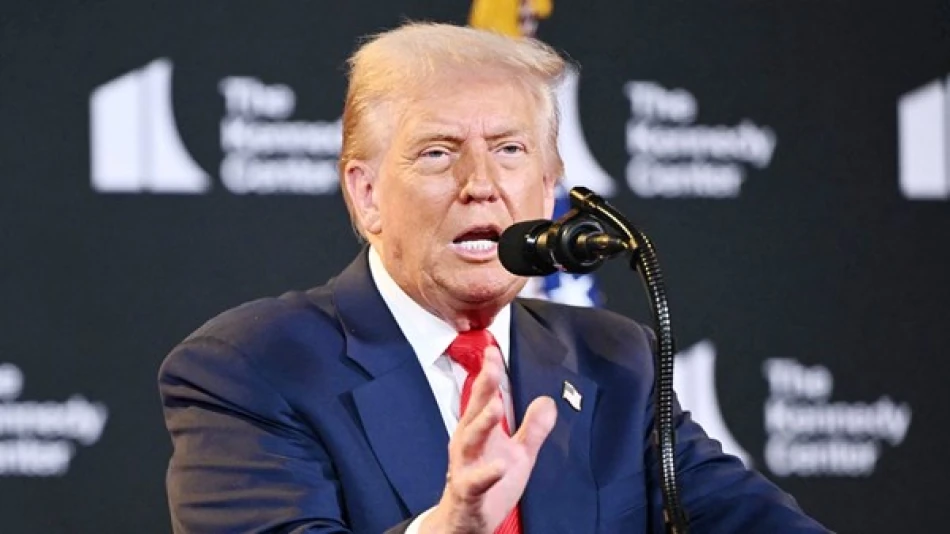
Trump Warns Russia of Severe Consequences
Trump Issues Stark Warning to Putin Ahead of Alaska Summit
President Donald Trump has escalated diplomatic pressure on Russia, warning of "very severe consequences" if Vladimir Putin refuses to end the Ukraine conflict during their upcoming summit in Alaska this Friday. The high-stakes meeting represents Trump's most direct attempt yet to broker peace in a war that has reshaped global geopolitics and strained Western alliances for nearly three years.
The Two-Stage Diplomatic Strategy
Trump outlined an ambitious two-meeting framework designed to bring the conflict to a close. Speaking at a press conference Wednesday, he described the initial Putin meeting as crucial groundwork for a subsequent trilateral summit that would include Ukrainian President Volodymyr Zelensky.
"Some great achievements can be made in the first meeting—it will be a very important meeting, but it paves the way for a second meeting," Trump explained. He emphasized his readiness to move quickly, stating he would "like to do it almost immediately" if the initial talks prove productive.
European Coordination Signals Broader Strategy
The timing of Trump's warning coincides with what he described as "very good" conversations with European leaders, including Zelensky. This coordination suggests the administration is building a unified Western position before engaging Putin—a departure from previous U.S.-Russia summits that often caught allies off-guard.
High-Stakes Gamble in Alaska
The choice of Alaska as a meeting venue carries symbolic weight, representing neutral American territory that avoids the optics of either leader traveling to the other's capital. This mirrors the Cold War-era summit tradition while acknowledging the current geopolitical reality where direct Moscow-Washington engagement has become increasingly rare.
What "Severe Consequences" Could Mean
While Trump did not specify the nature of potential consequences, the warning likely encompasses expanded sanctions, increased military aid to Ukraine, and possible direct NATO involvement. The threat gains credibility from Trump's track record of following through on ultimatums to foreign leaders, though his previous relationship with Putin adds complexity to the calculation.
Market and Global Implications
Financial markets have shown cautious optimism about potential peace talks, with European defense stocks experiencing volatility and energy futures reflecting uncertainty about future Russian oil and gas flows. A successful resolution could reshape global supply chains and reduce inflationary pressures that have persisted since the conflict began.
For NATO allies, particularly those in Eastern Europe, the summit represents both opportunity and anxiety. While peace would reduce immediate security threats, concerns remain about any agreement that might legitimize Russian territorial gains or weaken collective security principles.
Historical Precedent and Realistic Expectations
The summit echoes previous U.S.-Soviet negotiations during the Cold War, when personal diplomacy between leaders occasionally broke deadlocks that formal diplomatic channels could not resolve. However, the current conflict involves active warfare and territorial occupation, making compromise significantly more complex than previous arms control or trade disputes.
Success will likely depend on whether Putin views continued conflict as sustainable given Russia's economic isolation and military losses, balanced against domestic political pressures that make territorial concessions potentially destabilizing for his regime. Trump's warning suggests the administration believes economic and military pressure has created sufficient leverage to force meaningful negotiations.
Most Viewed News

 Layla Al Mansoori
Layla Al Mansoori






